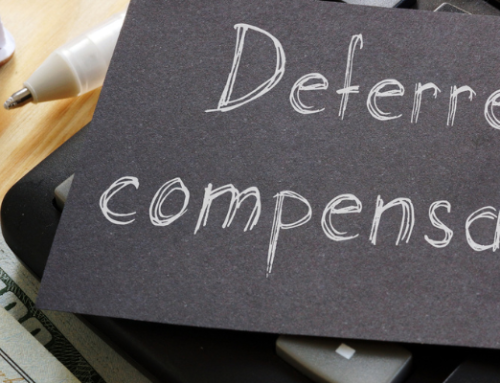In May 2022, Governor Youngkin announced an alternative hiring process for individuals with disabilities. As a result, Virginia’s statewide hiring policy will be updated to reflect new guidelines for a more inclusive pathway to employment in state government jobs. His announcement comes off last year’s new Virginia employment law protecting individuals with disabilities.
Virginia’s Alternative Hiring Process for Individuals with Disabilities
The initiative is part of a $9.2 million federal grant to provide individuals with disabilities access to skills-based training and registered apprenticeships in high-wage, high-demand fields.
For now, only state executive branch agencies are part of the inclusive hiring initiative. That includes:
- Offices of the Governor, Attorney General, and Lieutenant Governor
- Chief of Staff
- Office of State Inspector General
- Office of Intergovernmental Affairs
Underneath those core offices, there are 12 departments that fall under the executive branch, including Education, Finance, Commerce and Trade, Administration, Transportation, and more.
Other branches of state government and independent agencies are encouraged to participate as well.
Qualifying disabilities include documented intellectual, developmental, mental, and physical (including vision and/or hearing loss) disabilities. The applicant will have experienced barriers to employment as a result of the disability.
For Employers
State agencies can post vacancies to the Recruitment Management System (RMS) as either wage or classified roles. Job postings don’t have to be specific to individuals with disabilities and can still be posted internally in addition to or in replacement of RMS. Job postings are encouraged to include language that reflects priority consideration for individuals with disabilities. The recommended language is:
“In support of the Commonwealth’s commitment to inclusion, we are encouraging individuals with disabilities to apply through the Commonwealth Alternative Hiring Process. To be considered for this opportunity, applicants will need to provide their Certificate of Disability (COD) provided by a Certified Rehabilitation Counselor within the Department for Aging & Rehabilitative Services (DARS).”
Once a job seeker applies to an open position through AHP, state agencies are required to give these applicants priority consideration. The applicant must meet minimum job qualifications but cannot be excluded if he or she fails to meet preferred qualifications.
If hired, agencies are required to provide reasonable modifications and accommodations to a work site, program, or job. Employees also would be given a six-month provisional period to determine if the position’s essential functions are being performed. At that point, managers or human resources staff should perform and document a performance review.
For Job Seekers
Individuals with disabilities are encouraged to apply for state jobs through the Commonwealth Alternative Hiring Process (AHP) on jobs.virginia.gov.
They will need a Certificate of Disability (COD), obtained through the Department for Aging & Rehabilitative Services (DARS). The COD must be dated within three years of the application date.
Job seekers will have to supply documentation with DARS to obtain the COD. This can include medical and/or mental health provider records, Veterans Administration medical or mental health records, Social Security Administration records, or a school individual education plan (IEP). The COD does not disclose the type of disability.
While the AHP seeks to give priority consideration to individuals with disabilities, the program by itself does not guarantee employment. Applicants must still meet minimum qualifications, complete a successful interview, and pass any required background checks or pre-employment requirements. Veterans and employees who are currently laid off receive preferential consideration.
House Bill 1848: Protecting Individuals with Disabilities
In 2021, Virginia’s General Assembly passed H.B. 1848, an extension of the Virginia Human Rights Act (VHRA), to include disability as a protected employment class. Under this new law, employers with more than five employees must:
- Make reasonable accommodations to individuals with disabilities, unless the employer can prove undue hardship
- Engage in a timely, good faith interactive process to identify a reasonable accommodation
- Not take retaliatory action against an employee who requests a reasonable accommodation
- Not deny promotions or employment opportunities based on a disability
Governor Youngkin’s announcement is part of a larger and continuing effort to eliminate barriers to employment for individuals with disabilities. It’s meant to serve as a model for inclusive hiring practices and other local governments, agencies, and employers can use it as a guide in their own hiring processes.
For their part, state agencies and employers just need to be aware of applicable guidelines and related employment laws, like the one extending disabilities as a protected employment class.
For questions about Virginia’s new alternative hiring process or other updates relevant to local governments, school districts, or nonprofits, contact Jonny Rosch, CPA, a Partner in PBMares’ Government Contracting and Not-for-Profit groups.





